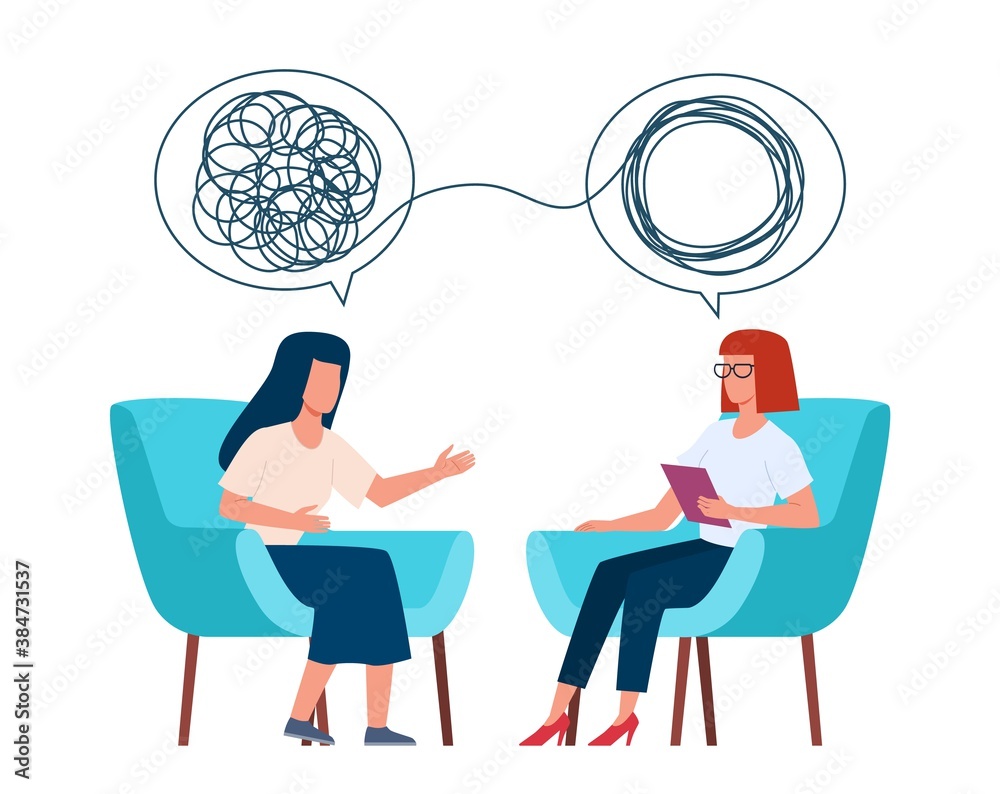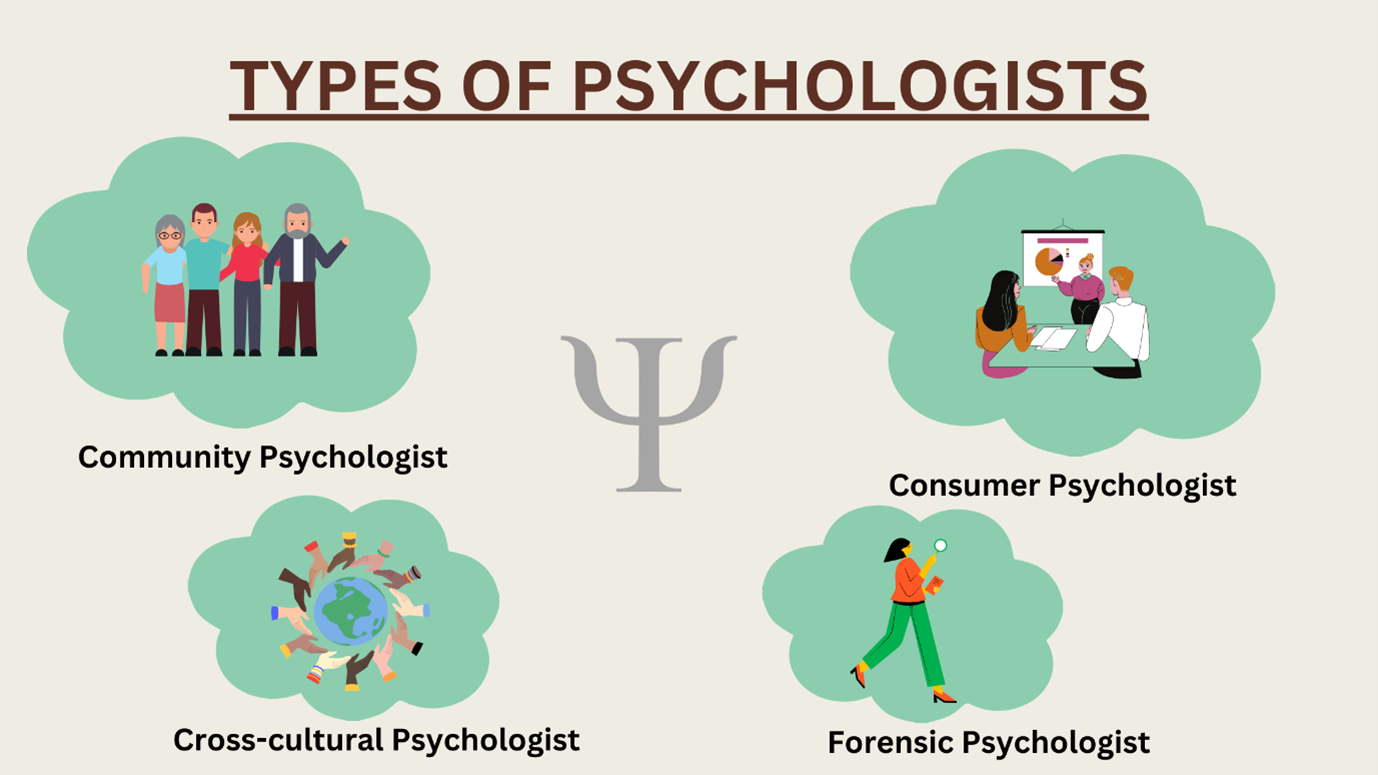What to Expect When Going To the Best Psychologist in Delhi for Counseling
What to Expect When Going To the Best Psychologist in Delhi for Counseling
Blog Article
Psych Therapy: A Comprehensive Guide to Methods and End Results

Cognitive-Behavioral Treatment
Cognitive-Behavioral Therapy (CBT) is a commonly used psychotherapeutic method that concentrates on recognizing and modifying dysfunctional reasoning and habits patterns. Developed in the 1960s by Aaron T. Beck, CBT combines cognitive and behavioral theories to resolve numerous mental wellness problems, including depression, anxiousness, and stress-related disorders. The property of CBT is that maladaptive thoughts add to emotional distress and maladaptive actions. By reorganizing these ideas, people can attain substantial renovations in their emotional health and everyday functioning.
CBT is identified by its structured, ambitious nature. Treatment normally involves a collaborative process in between the specialist and client, where specific problems are determined, and practical techniques are established to address them. Strategies such as cognitive restructuring, exposure treatment, and skill-building workouts are typically used. Cognitive restructuring entails difficult and changing adverse thought patterns, while direct exposure treatment intends to decrease concern and anxiousness with steady direct exposure to been afraid things or scenarios.
Evidence-based study sustains the effectiveness of CBT for a broad array of emotional problems - Best Psychologist in Delhi. Its emphasis on ability purchase and self-help methods equips customers to continue progress independently after treatment wraps up. The flexibility and effectiveness of CBT have made it a keystone in modern psychotherapeutic method
Psychodynamic Techniques
Rooted in the early concepts of Sigmund Freud, psychodynamic techniques concentrate on exploring the unconscious mind and its impact on actions and emotions. These approaches aim to reveal concealed ideas and feelings that may be driving maladaptive behaviors and emotional distress. Central to this approach is the idea of internal conflict, often originating from unsettled past experiences, especially those from childhood.
Therapists using psychodynamic methods employ a number of essential approaches, including cost-free organization, where patients are motivated to speak easily to expose unconscious product, and dream analysis, which analyzes the concealed content of dreams. Furthermore, the expedition of transference and countertransference dynamics within the healing partnership is essential. These communications can offer understandings right into the client's interior globe and relational patterns.
Psychodynamic therapy is commonly longer-term compared to other methods, using a deep and extensive understanding of the person's subconscious. Research study shows that it can be particularly effective for complicated psychological wellness issues, such as individuality disorders and chronic anxiety. By promoting self-awareness and psychological insight, psychodynamic therapy seeks to bring unconscious material to awareness, enabling individuals to attain long-term and purposeful change in their lives.
Humanistic Methods
Building on the foundations laid by psychodynamic approaches, humanistic techniques offer a distinct perspective concentrated on individual potential and self-actualization. Stemming in the mid-20th century, these techniques prioritize the inherent benefits and development possibility of people, emphasizing a holistic sight of human experience. Key figures such as Carl Rogers and Abraham Maslow have actually significantly influenced this therapeutic strategy, which incorporates techniques like client-centered therapy and Gestalt therapy.
Client-centered therapy, established by Rogers, plays a crucial role in humanistic strategies. It depends on the specialist offering an hop over to these guys environment of genuine favorable regard, empathy, and harmony. This promotes a risk-free area for customers to explore their sensations and experiences without judgment, promoting self-discovery and personal development. The therapist's function is more of a facilitator than an authority, urging clients to harness their internal sources for recovery.
Gestalt treatment, an additional vital humanistic strategy, emphasizes existing minute awareness and the assimilation of mind and body. By concentrating on the "present moment," clients get higher understanding into their present feelings and habits. Techniques such as role-playing and assisted visualization are frequently used to assist customers gain a deeper understanding of themselves, ultimately leading to enhanced self-awareness and gratification.
Integrative Treatments
Integrative therapies stand for a synthesis look at here now of various restorative strategies customized to fulfill the special needs of each customer. This approach acknowledges the intricacy of human psychology and the diverse nature of psychological health issues. By combining aspects from various colleges of psychiatric therapy-- such as cognitive-behavioral therapy (CBT), psychodynamic treatment, and humanistic strategies-- integrative therapies use an even more flexible and holistic therapy standard.
Experts of integrative treatment evaluate each customer's certain requirements, signs, and individual background to design a tailored therapy plan. This personalized method improves the potential for healing success by attending to the source of emotional distress and advertising general health. Strategies may include mindfulness workouts, cognitive restructuring, and emotional handling, each selected to target various aspects of the client's issues.
Furthermore, integrative treatments stress the therapeutic relationship, viewing the client-therapist bond as a critical part of useful source effective therapy. This connection fosters an encouraging atmosphere where clients really feel risk-free to explore and resolve their worries. The adaptability of integrative treatments makes them appropriate for a wide series of conditions, including stress and anxiety, clinical depression, trauma, and interpersonal problems, consequently enhancing their applicability and effectiveness in varied medical settings.

Gauging Treatment Results
Reviewing the performance of psychiatric therapy is vital for both customers and medical professionals to make certain that the therapy is producing the desired results. To attain this, different methods and tools are utilized to determine therapy results systematically. Standard assessment tools, such as the Beck Clinical Depression Stock (BDI) and the Generalized Stress And Anxiety Disorder 7 (GAD-7), offer quantitative data on signs and symptom severity and adjustments with time.
Along with standardized tools, qualitative approaches like customer self-reports and clinical interviews provide beneficial understandings right into the personal experiences and perceived development of customers. Regularly scheduled evaluations, generally at the beginning, middle, and end of treatment, aid in tracking the trajectory of renovation or determining areas requiring adjustment.
Result measurement is not restricted to symptom decrease; it also includes practical enhancements in day-to-day live, such as far better social connections, boosted job productivity, and boosted total well-being. Modern advancements in electronic health and wellness have actually presented mobile apps and on-line systems that promote real-time tracking and comments, additionally improving the analysis process.
Eventually, a thorough method to gauging therapy outcomes ensures that restorative treatments are effective, efficient, and tailored to fulfill the private requirements of clients, thus maximizing the overall healing experience.
Verdict
Psychiatric therapy uses a multifaceted array of strategies targeted at dealing with certain mental health problems and improving general well-being. Cognitive-Behavioral Treatment and psychodynamic approaches target unconscious influences and inefficient thoughts, respectively. Humanistic techniques concentrate on individual growth and self-actualization, while integrative therapies integrate multiple techniques for tailored treatment plans. Assessing therapy results via qualitative methods and standardized analyses makes certain a thorough understanding of effectiveness, inevitably guiding clients towards withstanding mental health and wellness improvements.
From the organized method of Cognitive-Behavioral Therapy (CBT) to the deep expedition of the unconscious in psychodynamic therapy, each method brings special benefits. Its emphasis on skill procurement and self-help strategies encourages customers to proceed progression separately after treatment wraps up (Best Psychologist in Delhi). Secret numbers such as Carl Rogers and Abraham Maslow have actually significantly affected this healing method, which includes approaches like client-centered therapy and Gestalt treatment

Report this page